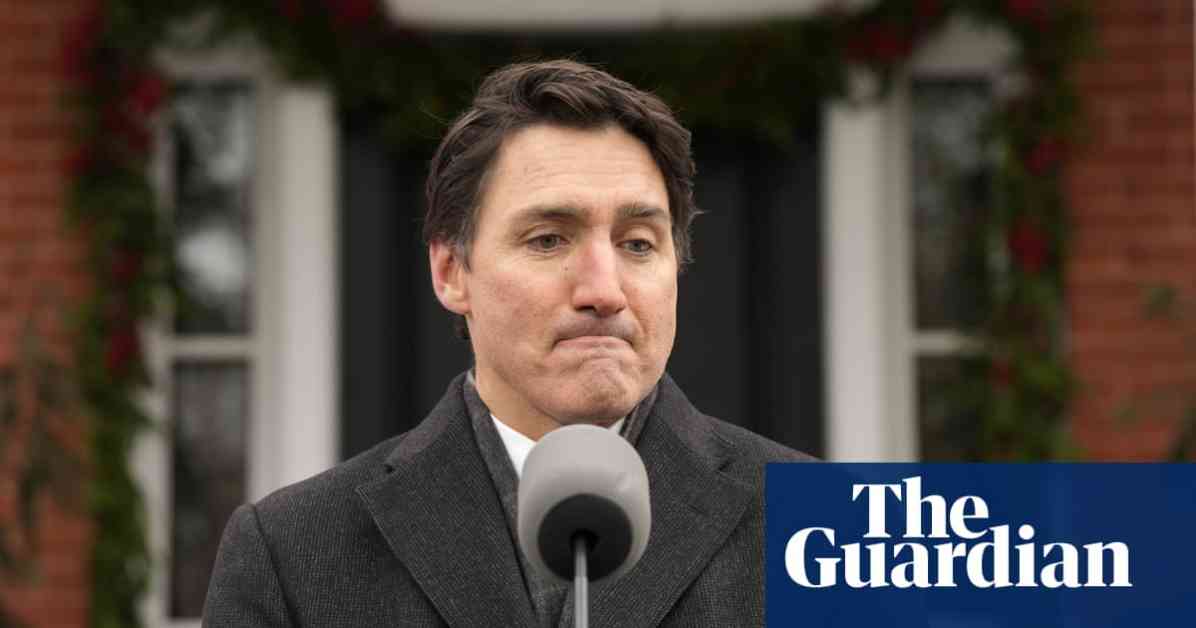Canada’s Justin Trudeau Resigns: A Political Shake-Up
After nearly a decade in power, Justin Trudeau has announced his resignation as prime minister, sending shockwaves through the political landscape. The 53-year-old leader, who captivated the nation with promises of hope and renewal when he took office in November 2015, has been facing mounting pressure to step down for months.
Why the Pressure?
Once hailed as a rising star in global progressive politics, Trudeau’s popularity took a nosedive last year, with his approval ratings plummeting to a mere 33%. A recent poll highlighted widespread discontent over economic stagnation, with record inflation and soaring food prices plaguing the country. Additionally, a housing crisis gripping certain areas, with house prices skyrocketing by 30%-40% in recent years, has fueled resentment towards the government.
The Perfect Storm of Scandals
Trudeau’s tenure has been marred by political scandals, further tarnishing his image. From accepting lavish gifts like holidays and private helicopter rides to skipping important national events for leisure activities, the prime minister’s reputation took hit after hit. Revelations that his family received hefty payments from a charity that was awarded a significant government contract only added fuel to the fire.
The Final Straw
As calls for his resignation grew louder, Trudeau faced a critical moment when his deputy, Chrystia Freeland, publicly criticized him, casting doubts on his ability to lead amid challenging times. This public condemnation, coupled with the departure of key Liberal lawmakers from various regions, signaled that Trudeau’s days as leader were numbered.
The Trump Factor
Trudeau’s strained relationship with US President Donald Trump added another layer of complexity to his leadership. Trump’s protectionist policies, including threats of hefty tariffs on Canadian goods, posed a significant challenge for Trudeau’s administration. Freeland’s warnings about the looming trade war underscored the precarious position Canada found itself in on the global stage.
What’s Next?
With Trudeau’s resignation, the Liberal party is at a crossroads, tasked with selecting a new leader to steer the country forward. Trudeau’s decision to suspend parliament until March 24th allows for a smooth transition of power within the party ranks. However, the looming question remains: when will the next election take place?
Looking Ahead
While federal law mandates an election by October 2025, the growing lack of confidence in the Liberal government from opposition parties suggests an earlier election may be on the horizon. The Conservatives are poised to capitalize on the current political climate, with polls indicating a potential shift in power. The choice of Trudeau’s successor will undoubtedly shape the future of Canadian politics in the coming years.

